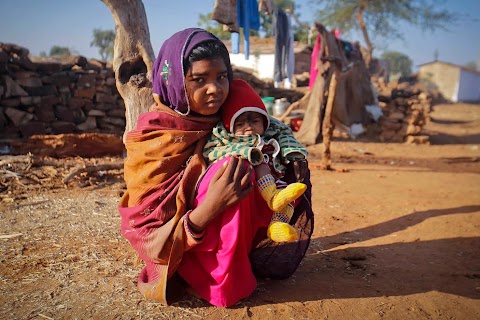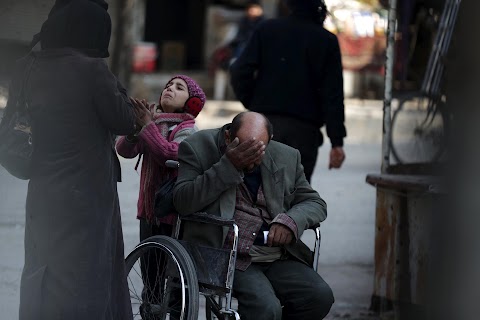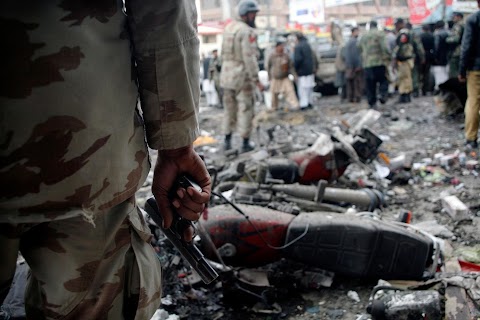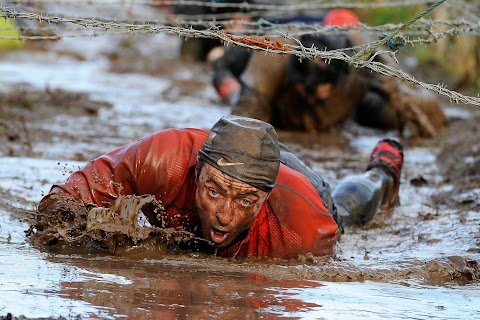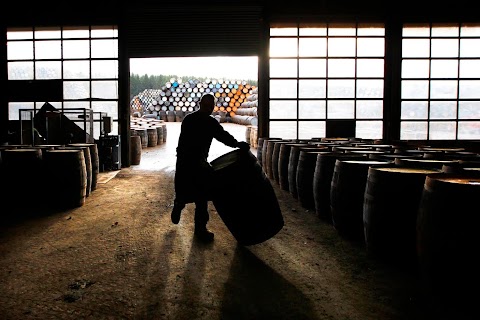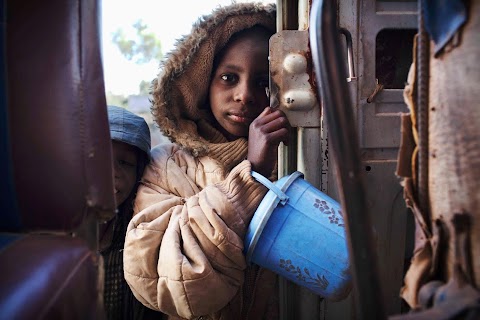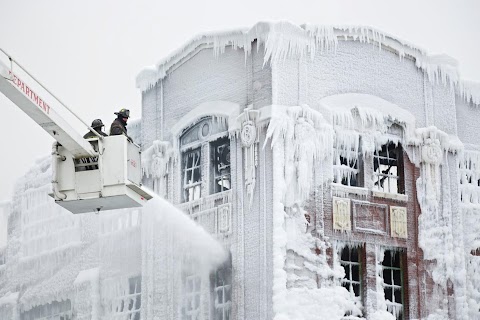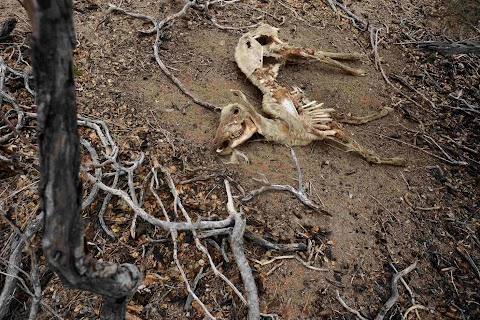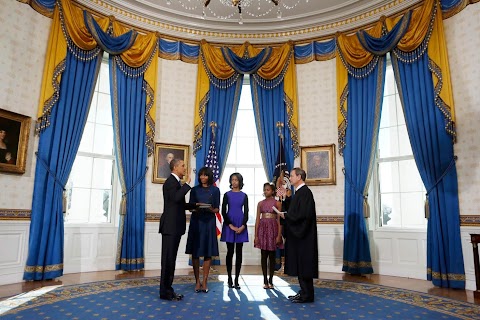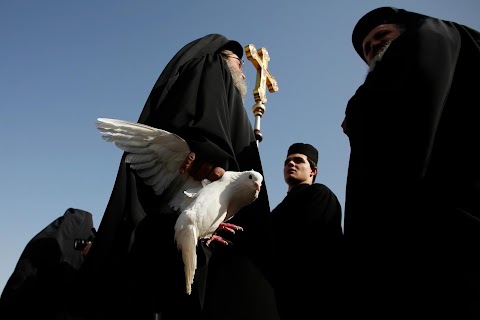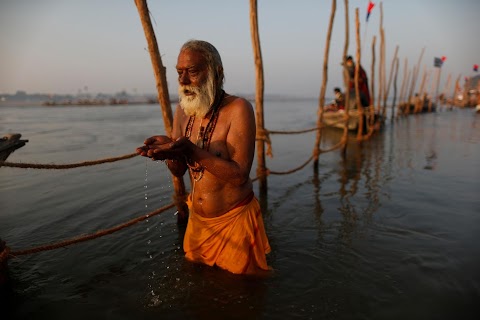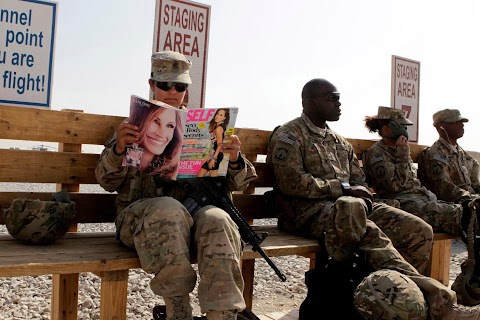
Women in combat
Nearly 300,000 women have been deployed in the U.S. forces in Iraq and Afghanistan since 2001. 152 servicewomen have been killed in those countries. But until Jan. 24, several front line jobs were closed to them.
Now that has changed, after the Pentagon lifted a long-standing ban on women serving in front-line combat positions.

Story
Pentagon lifts U.S. ban on women in combat
The Pentagon on Jan. 24 lifted a long-time ban on women serving in front-line combat positions, taking a historic step toward gender equality in the U.S. military after 11 years of war in which women were increasingly present on the battlefield.
Defence Secretary Leon Panetta and General Martin Dempsey, chairman of the Joint Chiefs of Staff, signed an order at a Pentagon news conference rescinding the rule that prevented women from serving in direct combat jobs.
"They serve, they're wounded, and they die right next to each other. The time has come to recognise that reality," Panetta said, noting that 152 women in uniform had been killed in Iraq and Afghanistan.
"Over more than a decade of war, they have demonstrated courage and skill and patriotism," he said.
The move topples another social barrier in the U.S. armed forces, two years after the Pentagon scrapped its "Don't Ask, Don't Tell" ban on gays and lesbians serving openly in the military.
The decision to open up the additional jobs to women came as Panetta prepares to leave the Pentagon after about 18 months in office. Senate confirmation hearings for former Senator Chuck Hagel, President Barack Obama's nominee to succeed Panetta, are scheduled for next week.
Obama expressed strong support for the new policy, as did civilian and military leaders from the different services.
"Today every American can be proud that our military will grow even stronger with our mothers, wives, sisters and daughters playing a greater role in protecting this country we love," Obama said, calling the decision a "historic step."
Major Mary Hegar, a helicopter pilot with the California Air National Guard who joined an American Civil Liberties Union lawsuit to open combat jobs to women, said the decision was "a huge leap forward." But with each of the services deciding how to implement the changes, "there are going to be roadblocks in the future," she said.
Some officials and organisations voiced caution. Senator Jim Inhofe, incoming top Republican on the Senate Armed Services Committee, said he was "concerned about the potential impacts" of the new policy and suspected in some cases Congress might have to intervene to "stop any changes we believe to be detrimental to our fighting forces and their capabilities."
The decision to lift the ban came with important caveats, and sweeping change will not happen overnight for women, nearly 300,000 of whom have deployed to Iraq and Afghanistan since 2001.
The move could open some 237,000 positions to women and expand opportunities for career advancement. But acceptance into the newly opened jobs is not assured and will be based on gender-neutral performance standards.
"Let me be clear. We are not talking about reducing the qualifications for the job," Panetta said. "If they can meet the qualifications for the job, then they should have the right to serve regardless of creed or colour or gender or sexual orientation."
"There are no guarantees of success," he added. "Not everyone is going to be able to be a combat soldier. But everyone is entitled to a chance."













